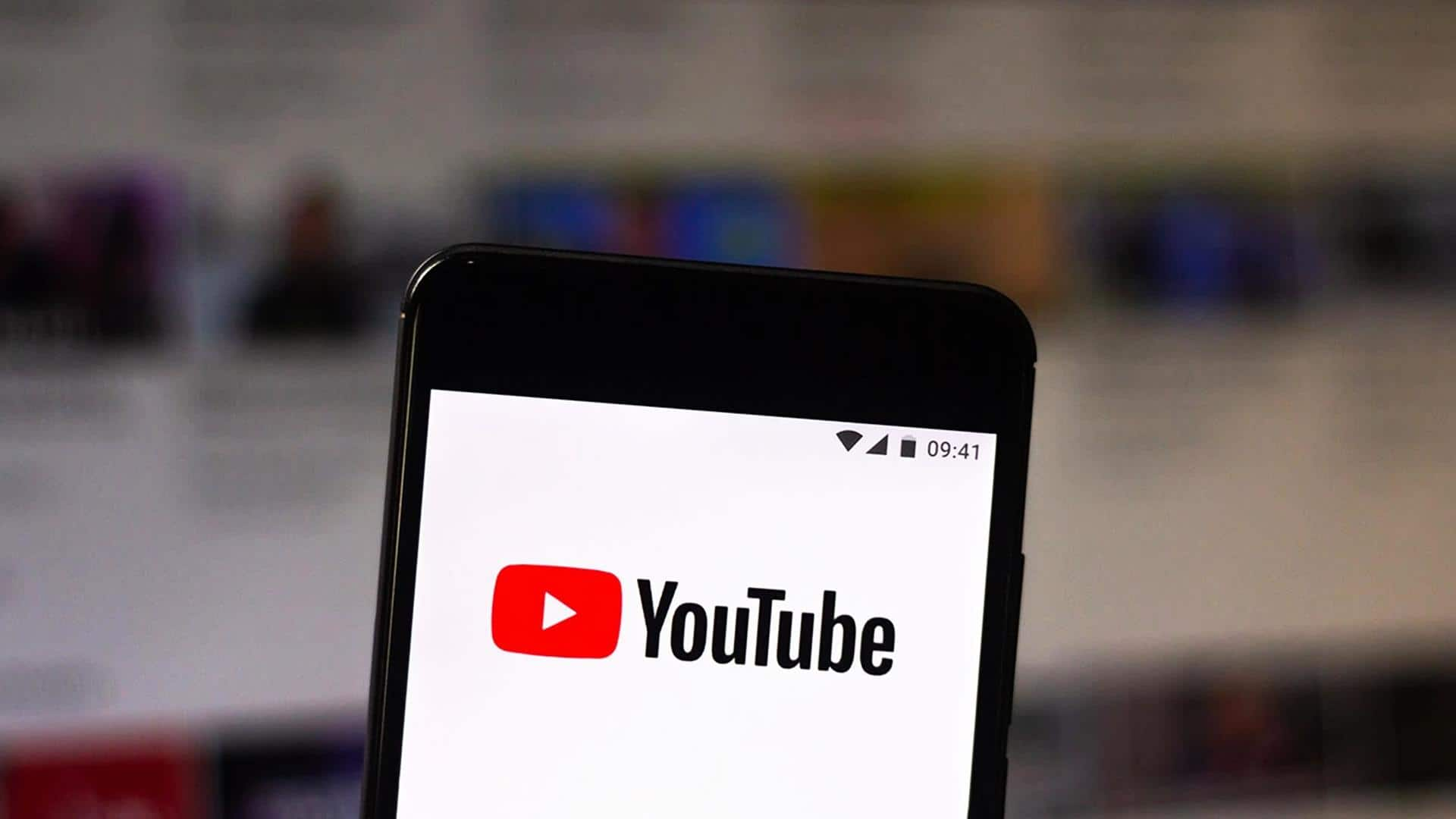
YouTube is testing Aloud, an AI-powered multilingual dubbing tool
What's the story
YouTube started testing multi-language audio tracks in videos toward the tail end of last year. The company later rolled out the feature to more creators. Now, it wants to make it easier for creators to add multi-language dubs to their videos. The platform aims to accomplish that with the help of Aloud, an AI-powered dubbing service. Let's see how that works.
Context
Why does this story matter?
Foreign-language movies and TV shows have grown in popularity over the last few years. This prompted streaming platforms like Netflix to focus more on multilingual content. YouTube is following the same path. Companies have understood that being able to reach an international audience in their own language is better than just subtitles. It benefits both creators and streaming platforms.
Aloud
Aloud is part of Google's Area 120 incubator
At VidCon 2023, YouTube announced its plan to integrate Aloud into the platform. It is a part of Google's Area 120 incubator. Aloud allows creators to quickly and easily dub their videos in multiple languages. According to a blog post, Aloud only needs minutes to dub a video. It uses AI to reduce time-consuming processes like translation, video editing, and audio production.
How
How does Aloud work?
Aloud has a simple three-step process to dub videos. Per its website, Aloud first transcribes the video. This offers users a transcription of the video. Users can then review and edit the transcription. Once that process is completed, Aloud will translate and produce the dub. The translation can also be edited. Creators can publish the dub after review.
Testing
Aloud supports dubbing in Spanish and Portuguese at present
At the moment, Aloud supports dubbing English videos in Spanish and Portuguese. More languages like Hindi, Bahasa-Indonesia, and more are coming soon. YouTube has already started testing Aloud with several creators. The company hopes this would increase the reach of videos. According to YouTube, the platform is working on making multilingual dubs sound like the creator's voice. It could be available in 2024.
Fan accounts
YouTube has also made its 'impersonation policy' stricter
Separately, YouTube has made its 'impersonation policy' stricter. It has made it mandatory for fan accounts to disclose their status in the channel name or handle. Fan accounts have to make it obvious that they don't represent the person or organization their account is dedicated to. If they don't, YouTube can delete their account or channel.